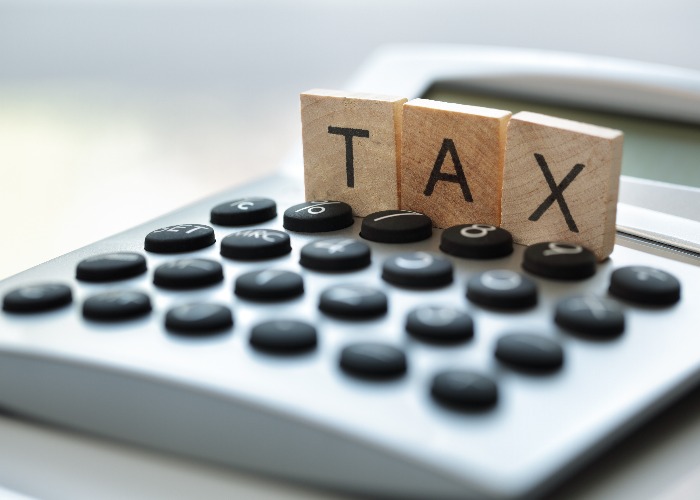8 astonishing facts about YOUR taxes

How many people actually pay Income Tax? And how does the UK compare to the rest of the world? Read on to find out!
"In this world nothing can be said to be certain, except death and taxes," Benjamin Franklin once wrote.
Taxes may be inevitable, but there are plenty of interesting facts about them that you may not know. Here are some of them, courtesy of chartered accountants Alexander and Co.
We pay among the highest Income Tax in the world

It's true: the UK features among the eight countries with the highest average Income Tax rate, behind the likes of Beligium and Hungary. Here's how those eight measure up:
|
Country |
Average Income Tax rate |
|
Belgium |
42.8% |
|
Germany |
39.9% |
|
Denmark |
38.9% |
|
Hungary |
35% |
|
Austria |
34% |
|
Greece |
25.4% |
|
UK |
24.9% |
|
USA |
22.7% |
In contrast, there are plenty of countries around the world where no Income Tax is charged at all. These include Bermuda, Andorra and the United Arab Emirates.
Less than half of people in the UK pay Income Tax
Most people are entitled to the standard Personal Allowance, which is the amount of money you can earn before you begin paying Income Tax. This currently stands at £10,600 a year, and will increase to £11,000 from April. As a result, the percentage of people paying Income Tax will drop even further!
Income Tax is paid on things like your monthly salary and the interest you earn from savings accounts and bonds.
Income Tax accounts for 23% of the Government’s revenue

According to HM Revenue & Customs (HMRC), net Income Tax receipts in 2014/15 totalled around £163 billion.
Taxes as a whole account for around 93.5% of Government revenue, according to the Institute of Fiscal Studies. National Insurance and VAT are the next biggest contributors, at around 17% each.
The 'shadow economy' costs the taxman £40 billion a year

A report a couple of years ago suggested that £1 in every £10 spent in the UK was not declared to HMRC, adding up to £100 billion of undeclared trade sales. The report suggested the shadow economy was costing the taxman an incredible £40 billion in revenue a year, enough to foot the bill for the entire housing, environment and transport budgets for the UK!
The poorest pay more tax

The public generally believe that households with the highest incomes pay more in tax than those with the lowest. However, when taken as a percentage of that household's income, that isn't the case at all.
The poorest households hand over a whopping 43% of their incomes in various taxes, a massive eight percentage points more than the richest households, according to research from the Equality Trust.
Savings income is taxed in the same way as non-savings income...

The same 20% will be deducted from basic savers' accounts, while higher-rate and additional-rate taxpayers will have to hand over 40% and 45% respectively.
However, it's worse bearing in mind that from April the new savings allowance kicks in. This means that basic rate taxpayers will be able to earn a whopping £1,000 in interest before having to pay a penny in tax. This allowance falls to £500 for higher rate taxpayers.
...but dividends from shares is treated differently

At the moment, if you are a basic rate taxpayer you pay 10% tax on the dividends you get from your share investments. Higher-rate taxpayers pay 32.5%, while additional-rate taxpayers have to hand over 42.5%.
Again though, big changes are on the horizon from the new tax year in April. All investors will be able to enjoy £5,000 in dividend income before paying any tax. After this dividends will be taxed at 7.5% if you are a basic rate taxpayer, 32.5% for higher rate and 38.1% for additional rate taxpayers.
For more read Best dividend shares: where to invest ahead of tax-free dividend allowance.
You don't pay tax on all of your capital gains

When you sell an asset that's gained in value (such as a second home, shares that aren't kept within an ISA, or business assets) then you are charged Capital Gains Tax (CGT).
However, you do get an annual CGT allowance, on which you don't have to pay any tax. For the 2015/16 tax year, this allowance stands at £11,100.
Basic-rate taxpayers will pay a rate of 18%, while higher-rate taxpayers will be charged 28%.
Some of the latest from loveMONEY:
How you can get your will written for free in March
Comments
Be the first to comment
Do you want to comment on this article? You need to be signed in for this feature
